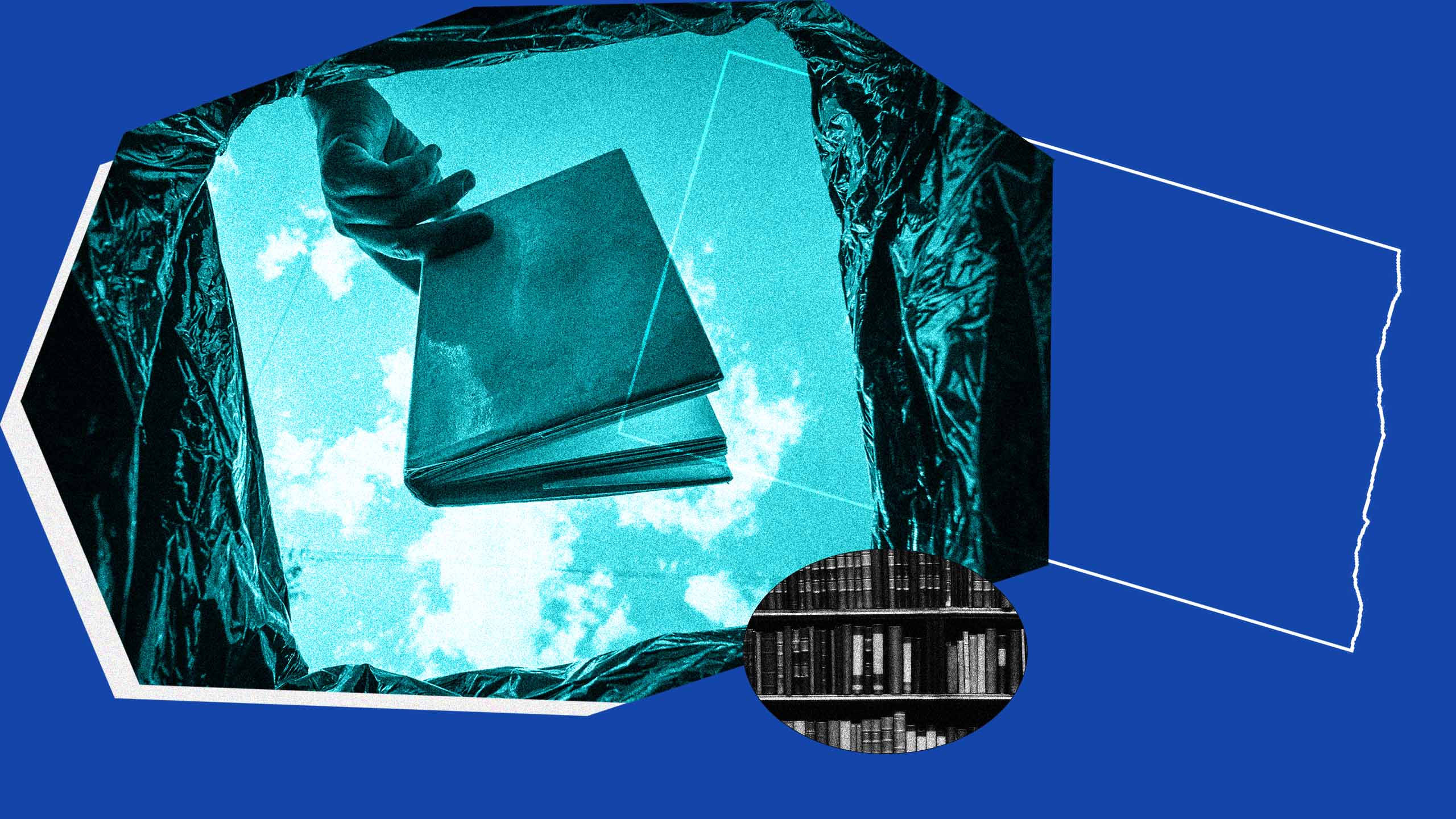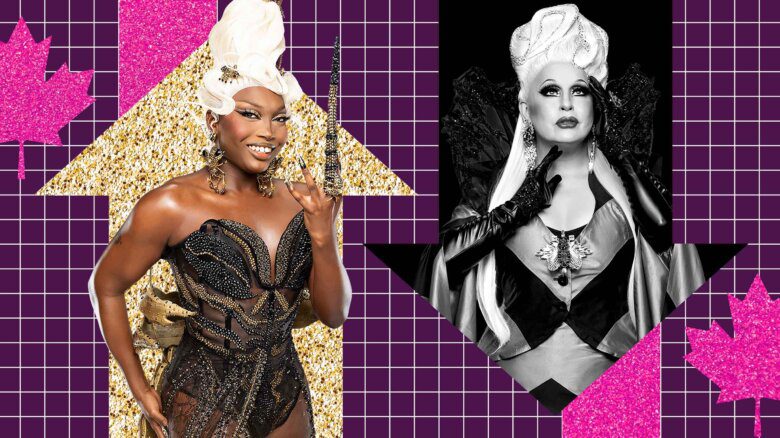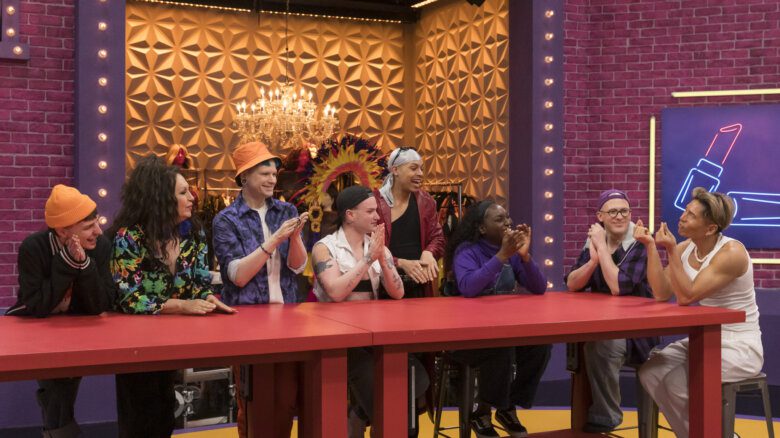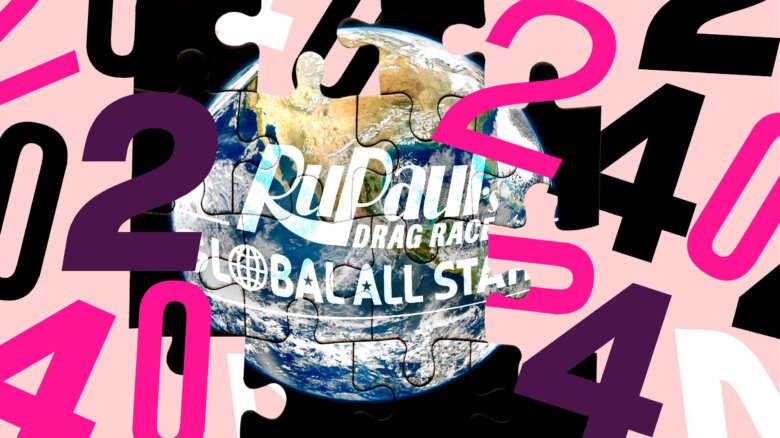Pro-LGBTQ2S+ librarians in North Dakota could face jail time under a newly proposed bill that would ban books including images depicting gender identity or sexual orientation from public libraries.
House Bill 1205, introduced last week by Republican state Reps. Mike Lefor and Vicky Steiner, seeks to ban books containing images of a “sexually explicit nature.” The terminology used in the bill is especially vague, meaning that books that use images related to LGBTQ2S+ identity could also be included under the ban.
Under the legislation, librarians in the state would be required to form individual review processes for removing books related to sexual orientation, with members of the public being allowed to submit removal requests for any books a library may stock. If the bill is passed, librarians found in non-compliance would be considered guilty of a class B misdemeanour and could be punished with a $1,500 fine and/or 30 days in jail.
Concerningly, the legislation includes no provision for review of the requests—instead, a public library “shall remove the book requested for removal within 30 days of receiving the request.”
Janna Farley, communications director for ACLU North Dakota, believes that the bill amounts to censorship, and is in violation of the first amendment right to freedom of speech and expression.
“Freedom of expression protects our right to read, learn and share ideas free from viewpoint-based censorship,” she stated on Twitter. “Book bans in libraries are misguided attempts to try to suppress that right.”
The legislation provides no clear explanation for how libraries will logistically manage the almost impossible task of sifting through hundreds of titles to determine which should be removed. Bismarck Veterans Memorial Public Library, a public library in the state, holds more than 470,000 print and digital items. The library’s director, Christine Kujawa, says there’s no way that librarians can complete that task.
“The answer is we can’t and we shouldn’t,” she said in a hearing concerning the bill last Tuesday. “Citizens should have the freedom to choose the information they want to access. In the case of minors, parents are responsible for this, not the government.”
Other advocates and stakeholders in North Dakota have also expressed concern about the proposed legislation, with the North Dakota Library Association speaking out against the bill.
“We stand opposed to censorship and any effort to coerce belief, suppress opinion or punish those whose expression does not conform to what is deemed to be orthodox in history, politics or belief,” the organization said in a statement. “The unfettered exchange of ideas is essential to the preservation of a free and democratic society.”
The legislation lists 12 different terms that fall under the umbrella of “sexually explicit,” including “sexual preferences,” “sex-based classifications,” “sexual identity” and “gender identity.” This vague terminology makes it virtually impossible to determine what is and isn’t permitted—if librarians were to literally enact these definitions, then theoretically, books depicting illustrations of heterosexual cisgender characters would also be banned, on account of those identity markers also being sexual and gender identities.
“I still don’t think most people realize the extent of the horror that’s unfolding in so many states right now,” said children’s author Phil Bildner, in a tweet reacting to the bill. “This is monstrously evil.”
Bildner refers to a wave of anti-queer book-banning that has swept the United States, with similar bills in Indiana attempting to hold librarians criminally responsible for keeping books deemed “harmful to minors” on their shelves, and legislation in Missouri banning “sexually explicit” material from school libraries. Material related to LGBTQ2S+ identities is specifically targeted under these laws.
North Dakotan essayist Taylor Brorby is one of many queer authors whose books would be banned under the legislation. His memoir, which details his experience growing up gay in North Dakota, provides queer readers with representation he didn’t have growing up in the state.
“Growing up in rural North Dakota in the late 1990s and early 2000s, I looked for a book that didn’t exist,” he said, in an op-ed in the Grand Forks Herald. “Supporters of the bill seek to shove queer people back into the closet, limit access to information in our last houses of democracy—libraries—and create the conditions for further hateful legislation targeting the queer community.”
Should legislators pass HB 1205, thousands of LGBTQ2S+ people, including youth, will have less access to queer representation, and thousands of queer authors will be censored. Public libraries may no longer be a safe haven for queer people looking for representation, and could become yet another unsafe space for LGBTQ2S+ people in North Dakota.


 Why you can trust Xtra
Why you can trust Xtra


